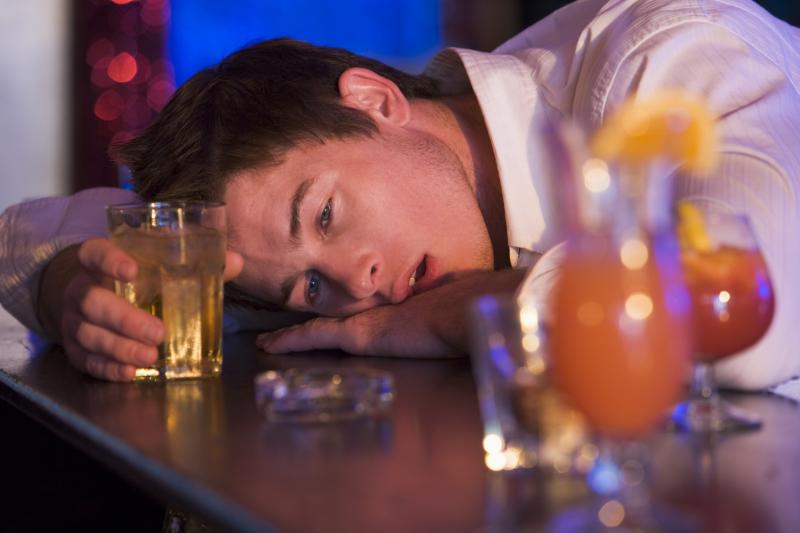
Young adults who repeatedly binge-drink alcohol, irrespective of drinking pattern, are at higher risk of aortic arterial stiffness, according to a study. Moreover, sympathetic activation as shown by increased 24-h urinary norepinephrine levels may contribute to alcohol-induced arterial stiffening in this cohort.
This study sought to determine the effect of repeated binge drinking and moderate alcohol consumption on arterial stiffness and sympathetic activity in healthy young adults.
Forty-nine young adults free of cardiovascular diseases (mean age, 23.5 years; 25 men; mean body mass index, 23.4 kg/m2) were included in the analysis. Participants were categorized as repeated binge drinkers (>2 years duration; n=20), moderate drinkers (>5 years duration; n=16) and alcohol abstainers (last 2–3 years; n=13).
The authors evaluated arterial stiffness using cfPWV and sympathetic activity using 24-h urinary norepinephrine levels. They also measured the aortic systolic blood pressure and augmentation index, a measure of wave reflection.
Carotid to femoral pulse wave velocity (cfPWV) was higher among binge drinkers (0.6 m/s) and moderate drinkers (0.5 m/s) than alcohol abstainers (p≤0.04). Binge drinkers also had higher urinary norepinephrine levels compared to moderate drinkers and alcohol abstainers (p<0.05). Moreover, higher cfPWV was associated with higher norepinephrine levels (r, 0.35; p=0.02).
Aortic systolic blood pressure (p=0.2) and augmentation index (p=0.96) were comparable among binge drinkers, moderate drinkers and alcohol abstainers.